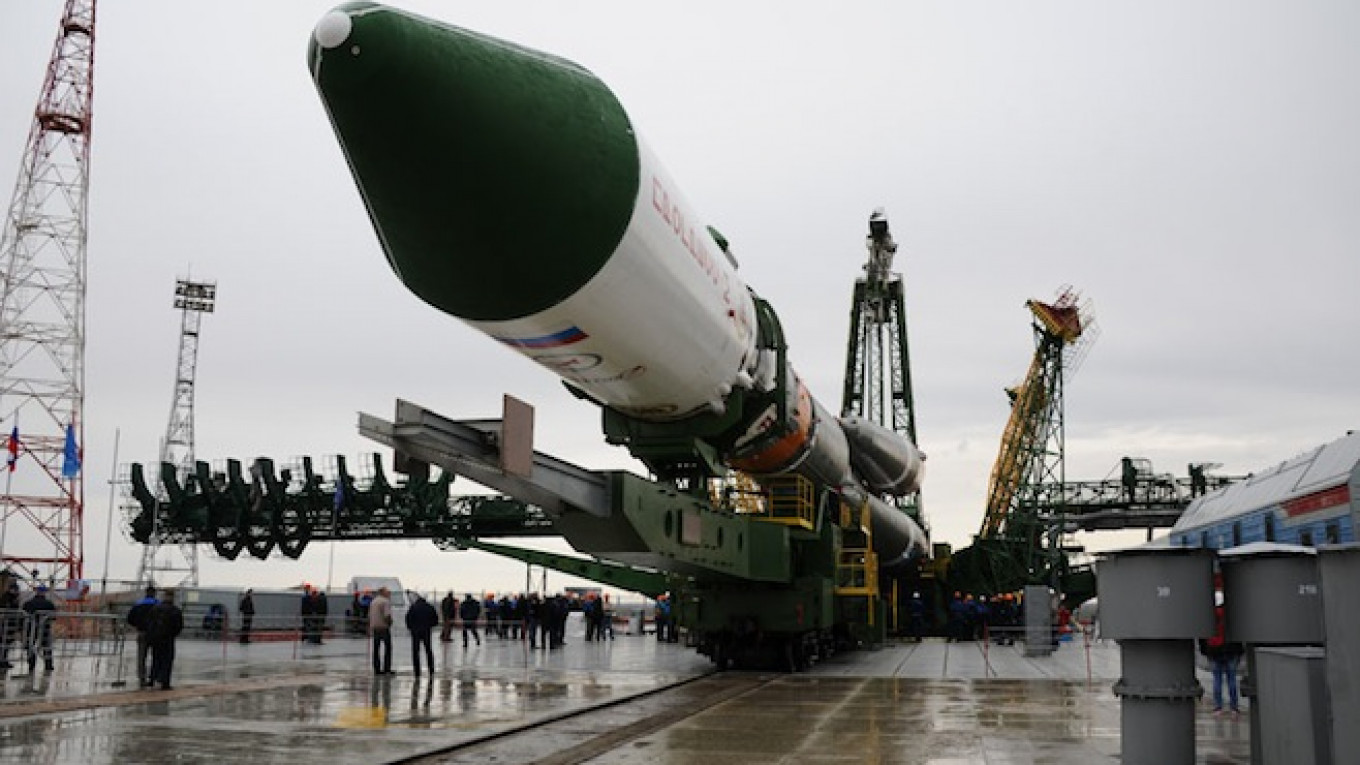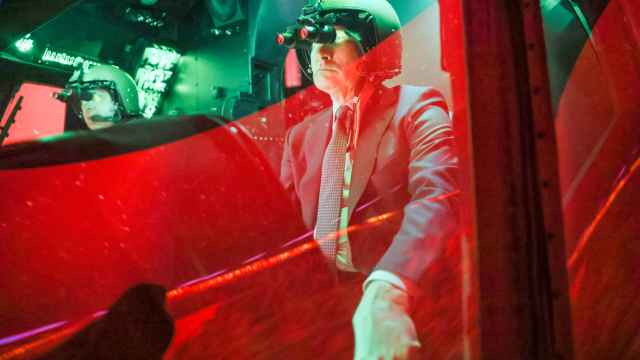CAPE CANAVERAL — A Russian spaceship on a failed cargo run to the International Space Station is falling fast and expected to hit Earth's atmosphere and burn up late Thursday, satellite tracking websites showed.
The Progress-59 freighter was launched on April 28 from the Baikonur Cosmodrome in Kazakhstan, but never made to the station, a $100 billion research laboratory that flies about 420 kilometers above Earth.
Ground controllers lost contact with the capsule, which was loaded with more than three tons of food, fuel and supplies for the station's six-member crew, shortly after it separated from the upper-stage of its Soyuz launcher.
The tumbling spacecraft is expected to be tugged back into Earth's atmosphere at 1:36 a.m. GMT Friday as it passes over China, the U.S. Air Force's contractor-operated Space-Track.org website showed.
Another prediction by the Russian space agency Roscosmos shows the capsule falling out of orbit between 10:13 p.m. GMT Thursday and 1:51 a.m. GMT Friday.
The spaceship and its cargo should incinerate in the atmosphere, Roscosmos said in a statement.
"Only a few small pieces of structural elements could reach the planet's surface" — similar to what happens at the end of routine Progress cargo missions, Roscosmos added.
Russia has flow 62 Progress spacecraft to the station to deliver modules and cargo, two of which have not been successful.
Various versions of the Progress freighters have been flying since 1978, supporting previous Soviet-era stations including Salyut 6, Salyut 7 and Mir.
The capsules are designed to burn up in the atmosphere after delivering their cargo.
The United States hired privately owned Space Exploration Technologies, or SpaceX, and Orbital ATK to fly cargo to the station after the space shuttles were retired in 2011.
SpaceX so far has flown one test flight and six operational missions to the station for NASA, all successfully.
In October 2014, on its fourth flight to the station, Orbital's Antares rocket exploded after liftoff, claiming a Cygnus cargo ship.
NASA is weighing proposals from SpaceX, Orbital, Boeing , Lockheed Martin and privately owned Sierra Nevada Corp for follow-on station resupply contracts. Awards are expected in June.
Europe flew five ATV freighters to the station, all successfully, but has no plans to fly any more. Japan is preparing for its fifth HTV cargo flight in August.
A Message from The Moscow Times:
Dear readers,
We are facing unprecedented challenges. Russia's Prosecutor General's Office has designated The Moscow Times as an "undesirable" organization, criminalizing our work and putting our staff at risk of prosecution. This follows our earlier unjust labeling as a "foreign agent."
These actions are direct attempts to silence independent journalism in Russia. The authorities claim our work "discredits the decisions of the Russian leadership." We see things differently: we strive to provide accurate, unbiased reporting on Russia.
We, the journalists of The Moscow Times, refuse to be silenced. But to continue our work, we need your help.
Your support, no matter how small, makes a world of difference. If you can, please support us monthly starting from just $2. It's quick to set up, and every contribution makes a significant impact.
By supporting The Moscow Times, you're defending open, independent journalism in the face of repression. Thank you for standing with us.
Remind me later.






